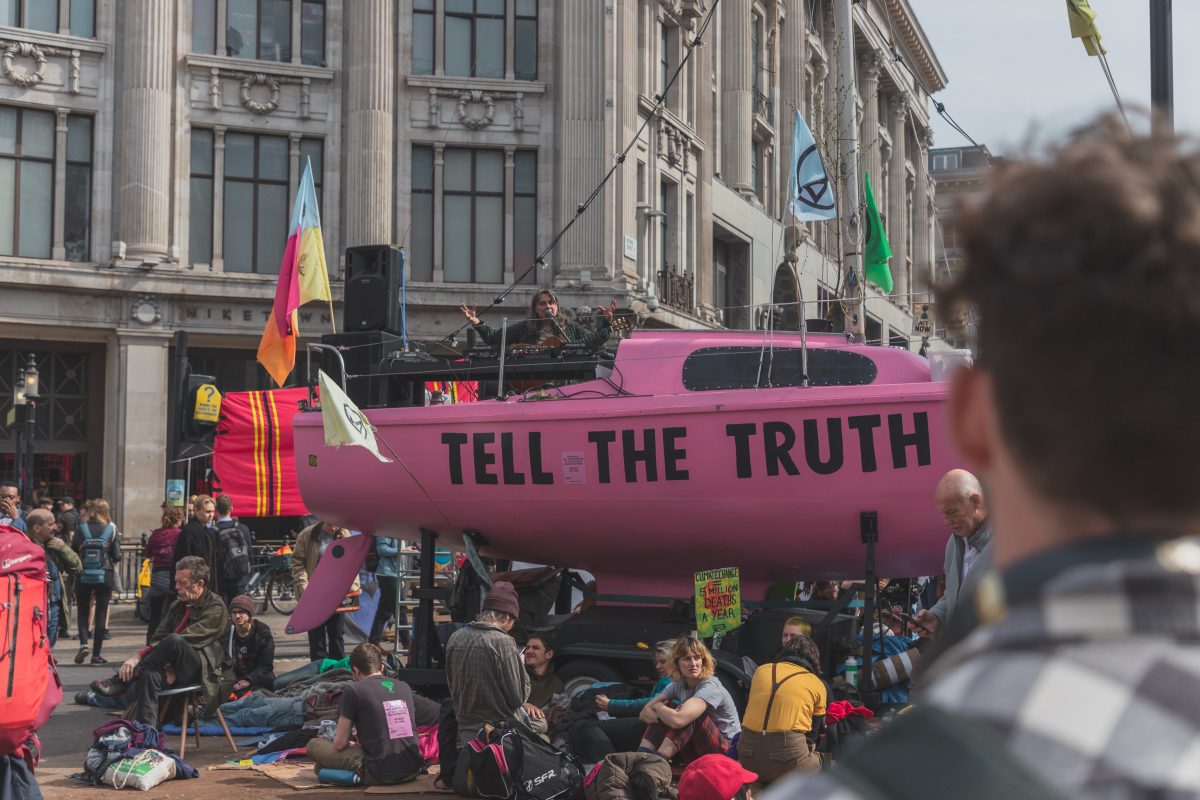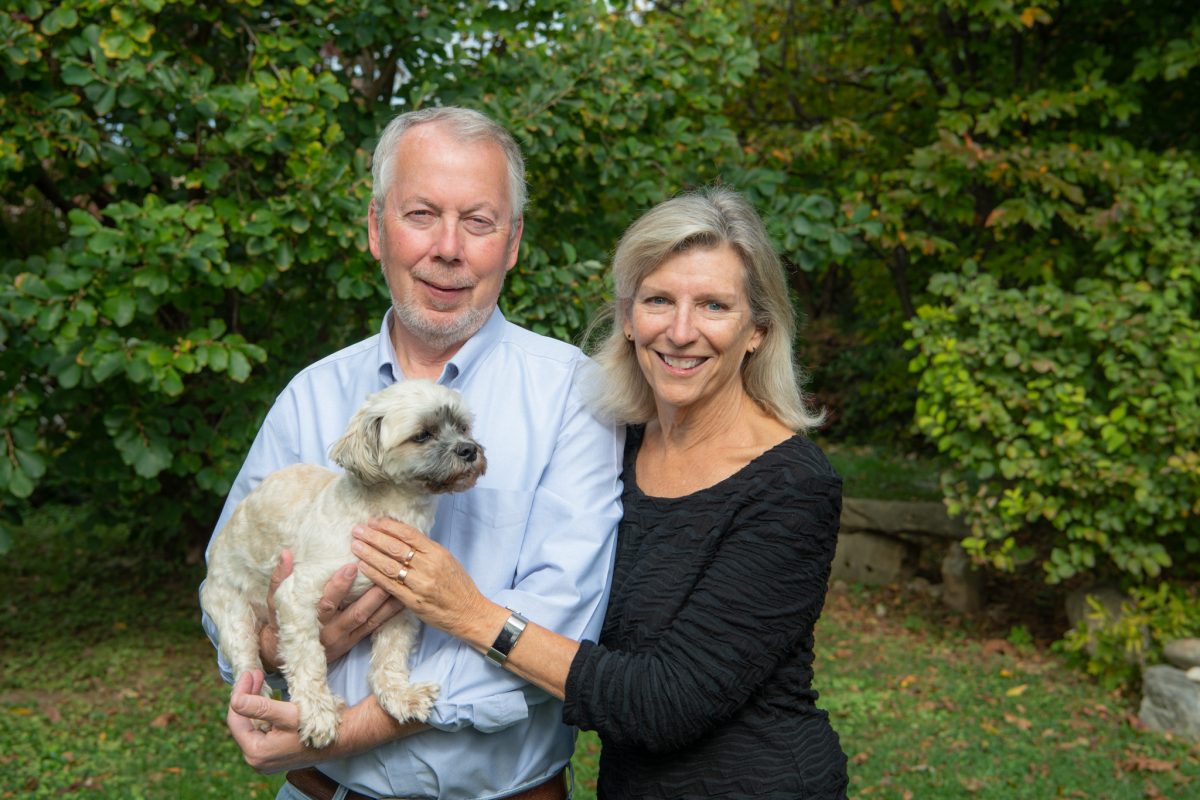The sun is setting as I take my standard French poodle for a walk.
He speaks French, Bark! and English. My other poodle, Philo, did too, but Philo also preferred wit on our walks – the way D’Artagnan preferred a sword – to skewer the less intelligent. Me.
My new Poodle’s name is “Buddy”. That, alone, should tell you the difference between him and Philo. At just under two years old, Buddy focuses on more basic things, like watering the neighborhood fire hydrant. There is none of Philo’s haughtiness.
On this evening he spots a squirrel near the hydrant.
“What’s that?” he asks. All 60 pounds of him lunges toward it, almost yanking my arm out of its socket. “Did you see that? Did you? What is that? Looks cool, huh? I think I’d like to play with it?“
I heave back on the leash as the squirrel darts over to a tree trunk, where it stops and looks back, flicking its tail mockingly at Buddy.
Buddy lunges again, nearly upending me.
“It’s just a squirrel, Buddy.”
“Oh cool! Do they like dogs?” Then to the squirrel, “Do you like dogs? I can bark in French! Really, I can!”
He strains against the leash. The squirrel suddenly darts up the tree and sits on the branch, scolding Buddy.
Buddy starts up the tree, too, but falls off.
“Jeez!” he says, getting up and starting back down the sidewalk. ”Squirrels aren’t very fun.”
A moment later, he sees a much bigger squirrel and, once again, hurls himself at it. I use both hands on the leash and yell something too strong for family readers. The really big squirrel doesn’t move an inch. Then slowly it turns, not away from Buddy, but toward him. Buddy keeps pulling closer.
“I wouldn’t do that Buddy.” I say, struggling. “That’s not a squirrel.”
The cat, tail flicking back and forth, teeth bared and menacing, ears back, is now facing Buddy in a “want to make something of it!” crouch.
Buddy pulls closer and closer to the cat, until…there is a short spitting sound as the cat swipes a paw at him, then dashes off. Buddy jumps behind me, wrapping me in the leash.
“What the…! Mon Dieu! ”
“See, cats, if they don’t know you, can be very nasty.”
“Yeah…”, he says. “But you’ll notice he ran, not me!” He starts walking purposefully again. “I must be a pretty tough Poodle. Bien sur.”
The sun drops completely away and we continue our walk in the dark. His tail and nose are up. He is fully alert.
Which is really helpful as we approach the driveway next to our house and he is greeted – not by a squirrel, not by a cat – but a whole slew of huge orange creatures with open mouths exposing jagged teeth and glowing yellow throats.
There is the sound of un-oiled hinges opening and closing as shadows race across the front of the darkened house behind them.
Buddy doesn’t leap forward; he leaps behind me, pulling the leash, and thus me, backward. Fortunately a bush breaks my fall.
Unfortunately it is a rose bush.
I get back up on my feet. He gingerly approaches one of the orange things. Unlike the squirrel, it doesn’t budge. He slowly moves closer, wriggling his nose in an effort to get a clue about this new creature. Nothing.
He stops and barks, once. The creature stands its ground.
Buddy barks several more times. A dog inside the house starts barking.
Buddy looks at the house in surprise. In seconds other dogs in the neighborhood join in. It’s a cacophony.
There are sounds from the sidewalk behind us. A crowd of kids is coming toward us in the darkness. They are wearing masks and scary clothes. Grownups behind them are waving flashlights.
Buddy grabs the leash in his teeth and starts pulling me away from them, toward our house. He doesn’t stop until we’re home.
Once inside I tell him he didn’t have to be afraid. It is just Halloween. The scary orange creatures were pumpkins and the kids were trick or treaters, looking for candy.
He slowly lets go of the leash and looks at me with disdain. “Mais oui!”, he says. “I knew that. But you looked so scared, I just wanted to get you home so you’d feel safe. I am a French Poodle, after all. We protect our minors.”
“You mean, “masters”, don’t you?”
“Really? I save your life and you want to be called ‘master’?”
I guess there’s a little of Philo in him, after all.



